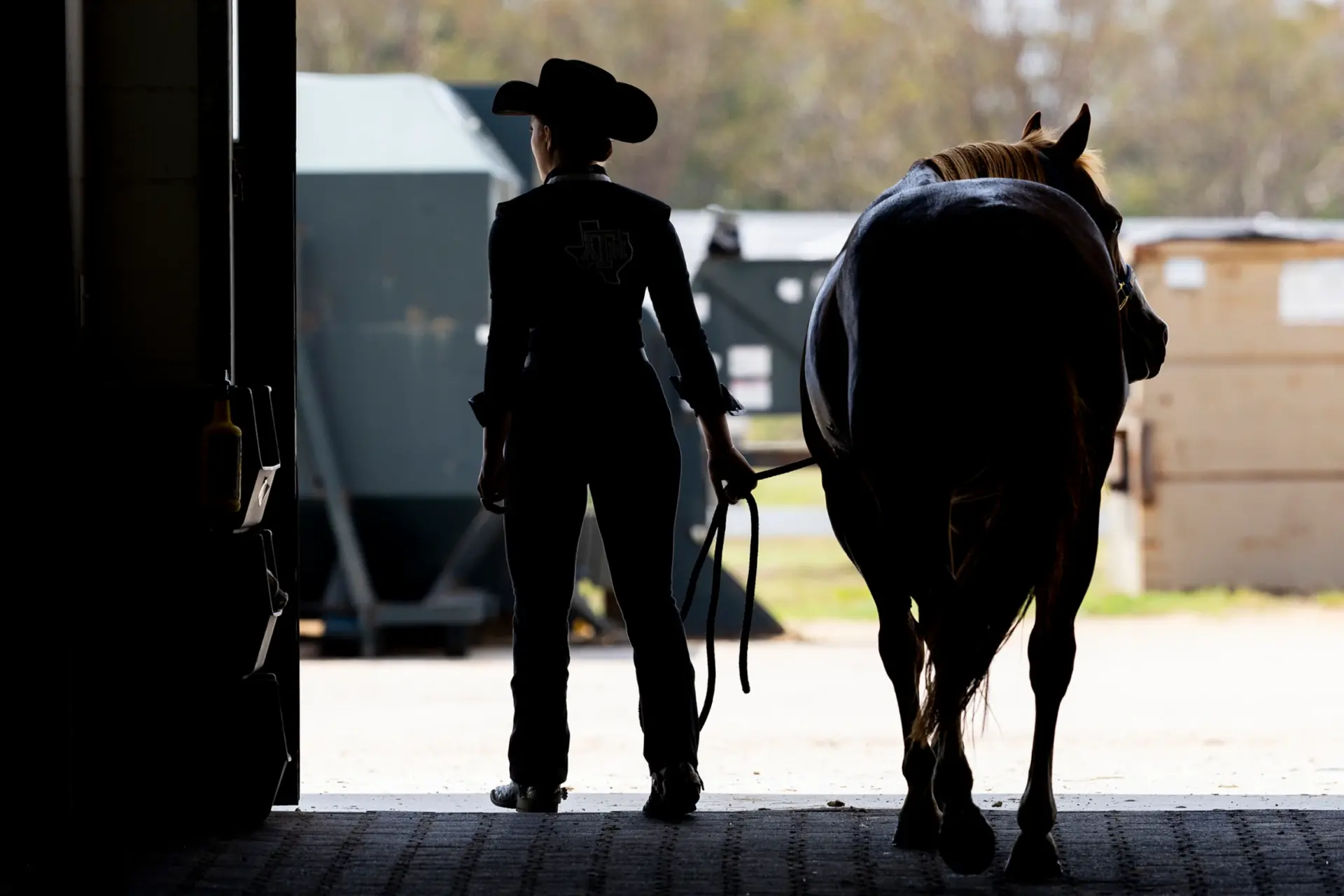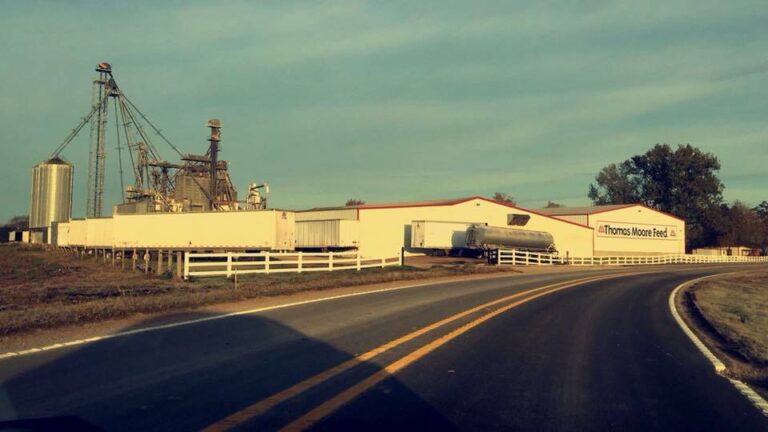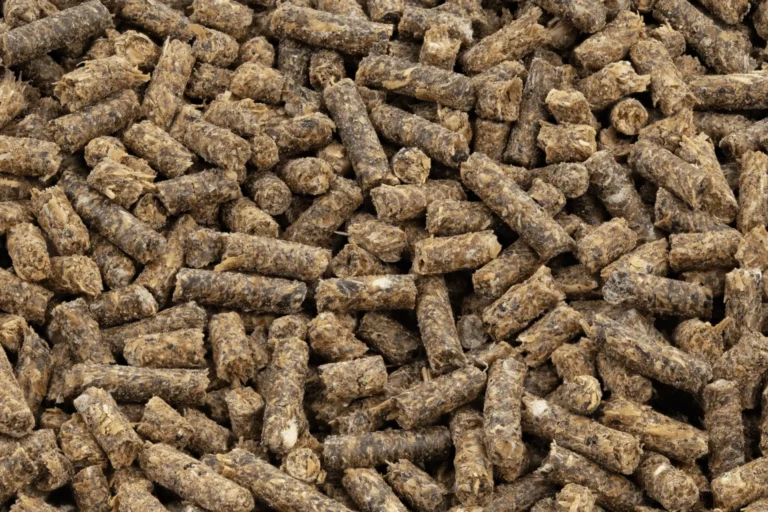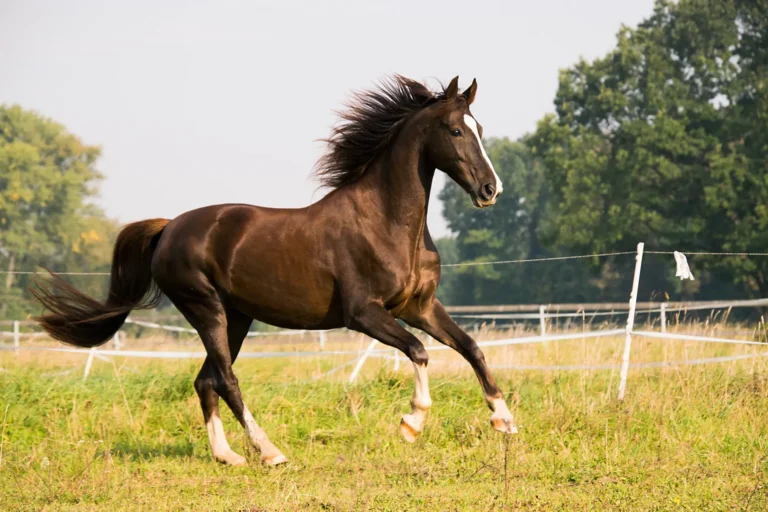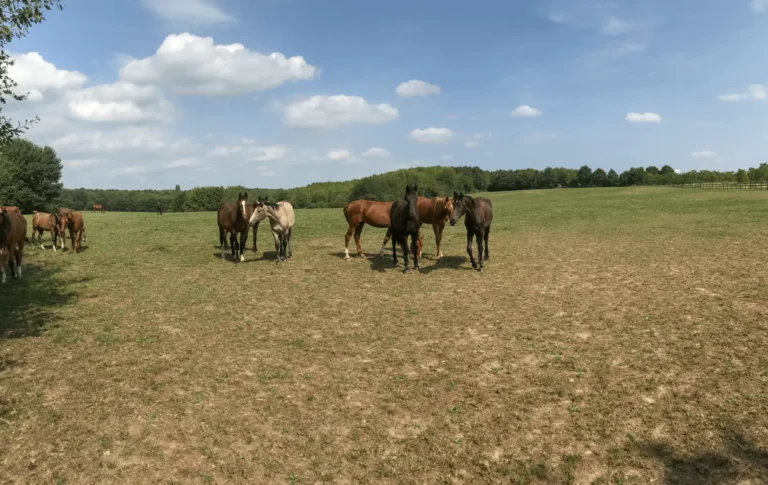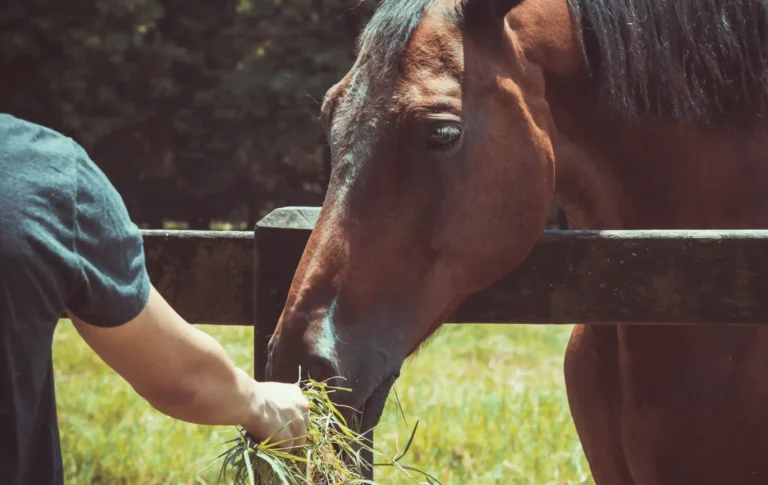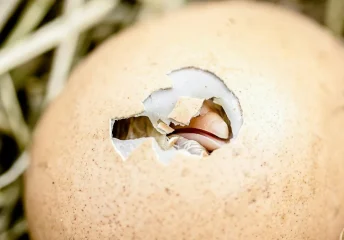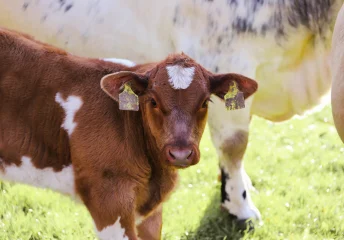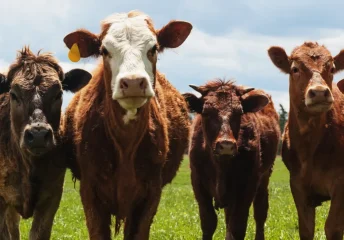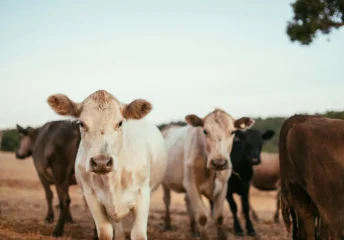Horses have long been regarded and revered for their strength, agility, and beauty. And while genetics and environmental factors play a part in developing and fostering those traits, a healthy diet is essential for helping your horse maintain their health and performance. Equine nutrition is complex, but with these essentials of equine nutrition, you’ll have a guide to choosing the right feed for your horse.
Understanding the Basics of Equine Nutrition
It’s important to understand the unique nutritional needs of horses. Unlike other pasture animals, horses don’t have a rumen, and so their dietary needs are more delicate. Horses are herbivores, and need to be able to graze on forage or quality hay for up to 18 hours a day. Because of their anatomy, horses need to continuously eat fibrous material throughout the day to keep their digestive tract moving.
Forage should form the bulk of a horse’s diet, as it provides essential fiber that aids in digestion. Horses will eat approximately 1.5-3% of their body weight each day in pasture, hay, and forage. Hay should be high-quality Timothy, Bermuda, Alfalfa, or other horse-safe varieties. Pastures should be free of plants and weeds that are toxic to horses.
Commercial feed offers additional energy and nutrients. Pelleted feed is particularly important for working horses, pregnant or lactating mares, and growing foals, but is also helpful in keeping weight on older horses or those with faster metabolisms. Your horse’s feed intake will likely need to be adjusted as needed to satisfy nutritional needs that fluctuate with the seasons, age, and activity.
Water is also crucial to aid in a horse’s digestion, with most horses needing between 6-10 gallons of water per day. This amount increases along with temperature and exercise. Your horse should always have access to fresh, clean water in a trough or other large container. Avoid relying on automatic waterers as the main source of water for your horse – these aren’t always reliable, and make it much harder to determine how much your horse is drinking.
How to Choose the Best Feed for Your Horse
All horses need hay or pasture, but there are fewer grass and hay options when compared to the seemingly overwhelming selection of pelleted horse feed. When considering which feed to purchase for your horse, you’ll need to consider the following factors.
Age and Life Stage
Activity Level
Horses that are used lightly or occasionally typically don’t need much supplemental nutrition from pellets. But horses that expend energy on a regular basis require a much higher intake of calories and nutrients to support their bodies. Performance horse feed is ideal for working or show horses, and can be found formulated with forage in the recipe to support your horse’s need for grass and hay while on the road. Horses with fast metabolisms or hard-keepers can also benefit from performance horse feed.
Body Condition
Special Health Considerations
Horses that have certain health conditions have special dietary considerations. Health conditions like Cushing’s disease or other metabolic disorders, gastrointestinal issues, allergies, and laminitis are a few examples of health concerns that require special diets in horses. It’s always best to consult with your veterinarian for a feeding plan tailored to your horse’s specific health conditions.
Supplements
Some horses may require supplements in addition to their forage and feed. Older horses or those with specific health concerns often need a nutritional boost from added supplements. Your veterinarian will be able to help you determine the best supplements for your horse based on their needs.
Salt is necessary for horses to maintain their electrolyte balance – especially during the summer months or during intense exercise. Horses sweat to release heat, and will rapidly lose salt in the process. Providing loose salt or a salt block near their water for them to lick will help your horse replenish their stores of this essential mineral.

